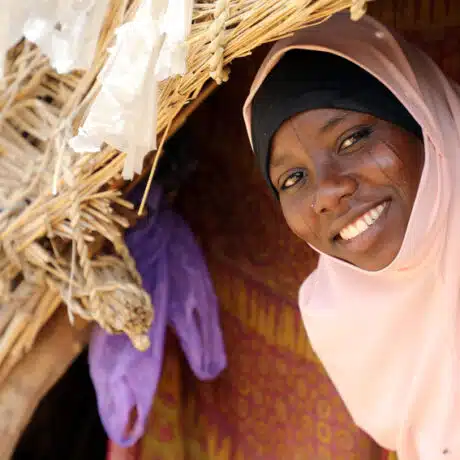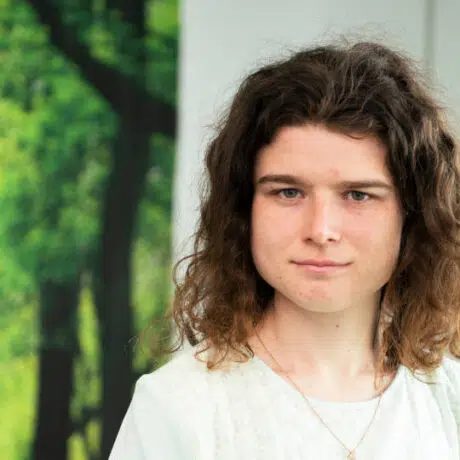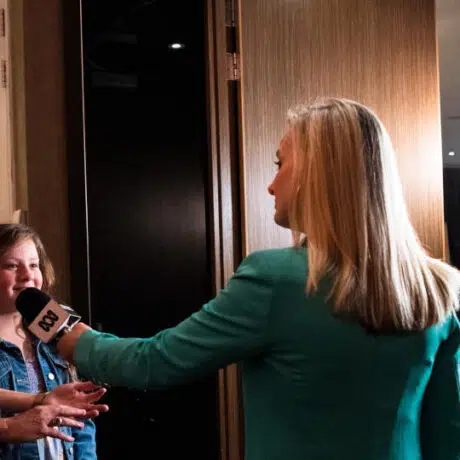News and Stories - Girls Rights - 31 May 2018
Voices from South Sudan

*Content warning: this post discusses sexual violence and mental health issues including suicide. If you or someone you know is struggling, you can find help by seeking advice from a counsellor or calling Lifeline on 13 11 14.*
In South Sudan, lived experiences are often forgotten as stories of conflict, droughts and hunger saturate our media. But our recent report with Monash University Adolescent Girls In Crisis: Voices from South Sudan aims to bring forward the voices of adolescent girls living in South Sudan, their struggles, their fears and hopes for the future.
The findings are deeply concerning with one in four girls saying they had contemplated suicide.
“I am pessimistic about the future because I think things are going to get worse – intense war in the country, rampant sickness among the people, economic crisis, high rate of poverty within the community, poor education system and hospitals,” a girl from Torit in the centre of the country told researchers.
Our CEO Susanne Legena said the report was ‘extremely distressing’.
“The impact of long-term crises on girls is an under-researched area, but we now have a much clearer picture of how teenage girls suffer extraordinary hardship during conflict and famine. Girls are active targets of rape and violence, both at home and as a weapon of war. They work extremely hard to provide for their families, but are usually the last to eat and the first to be removed from school. Many are forced into child marriage as a means of survival.
“We desperately need humanitarian programs that protect adolescent girls first and foremost, and address the unique challenges they face at multiple levels.”
Based on a survey with 250 girls aged 10 to 19-years-old in five locales in South Sudan and interviews with girls living in refugee camps in Uganda, the report found:
- One in four girls said they considered ending their lives at some point during the past year.
- Three-quarters of those interviewed said conflict had negatively affected their state of mind.
- A third of the girls surveyed said they had been injured as a result of the conflict.
- 13% said they had been abducted at some point.
- More than half (52%) of girls were married before the age of 18.
- The majority (85%) of girls who had ever been pregnant were not in school.
- All girls were worried about the growing food insecurity and the majority reported going to bed hungry.
“Girls want to go to school, they want to stay with their family, they want to spend time with one another, they want to live lives free from violence, and they want to continue to positively contribute to their communities. Adolescent girls are the future of this young country. If South Sudan is to know lasting peace, it will need strong and empowered women and girls.” Report co-author Monash University’s Associate Professor Katrina Lee-Koo has said.
Plan International Australia will use the findings from this report to inform their programming in South Sudan to ensure girls are prioritised in this emergency.
We are calling on the Australian Government – which last year contributed $29 million to assist those caught up in the South Sudan crisis – to push forward with the development of a standalone action plan for ensuring our aid and foreign policy benefits adolescent girls as a particularly at-risk group.




